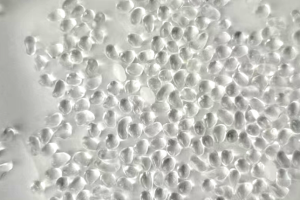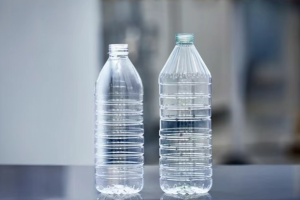February 28, 2025 – New Study Unveils Potential Link Between Plastic Takeout Containers and Congestive Heart Failure
A recent study conducted by Chinese researchers has shed light on a potential connection between plastic takeout containers and congestive heart failure. This peer-reviewed research provides further scientific evidence on the health risks associated with the use of plastic food containers.
The research team employed a dual-pronged approach. Initially, they surveyed over 3,000 participants regarding their frequency of using plastic takeout containers and inquired about any heart disease diagnoses. Subsequently, the researchers conducted experiments by boiling water and pouring it into takeout containers to extract chemicals from the plastic. The extracted water, containing leachates, was then provided to lab mice for long-term consumption.

The findings revealed a significant correlation between frequent exposure to plastic particles and an increased risk of congestive heart failure. According to AsiaMB’s industry insights, chemicals commonly found in plastics, such as Bisphenol A (BPA) and phthalates, have been linked to various health issues, including cancer and reproductive system damage.
Although the study did not specifically detect which chemicals leached from the plastic, the researchers highlighted the known associations between common plastic compounds and heart disease, as well as the potential role of gut microbiota in this process. They discovered that when plastic containers were subjected to high temperatures, the leaching rate of chemicals significantly increased. Lab mice that consumed water containing these leachates over a prolonged period exhibited notable changes in their gut microbiota and metabolites.
Further investigation revealed damage to the myocardial tissue of the lab mice. This suggests that chemicals from plastics may induce inflammation and oxidative stress by altering the gut microbiota and metabolites, ultimately impairing the circulatory system.
While the study did not offer specific recommendations for consumer protection, public health advocates suggest avoiding microwaving plastic containers or adding hot food to them at home, as well as refraining from cooking in plastic containers. Using glass, wood, or stainless steel alternatives can reduce the risk of plastic exposure. For instances where plastic takeout containers are unavoidable, individuals can bring their own glass containers for food packaging or transfer the food into glass containers upon arriving home.














